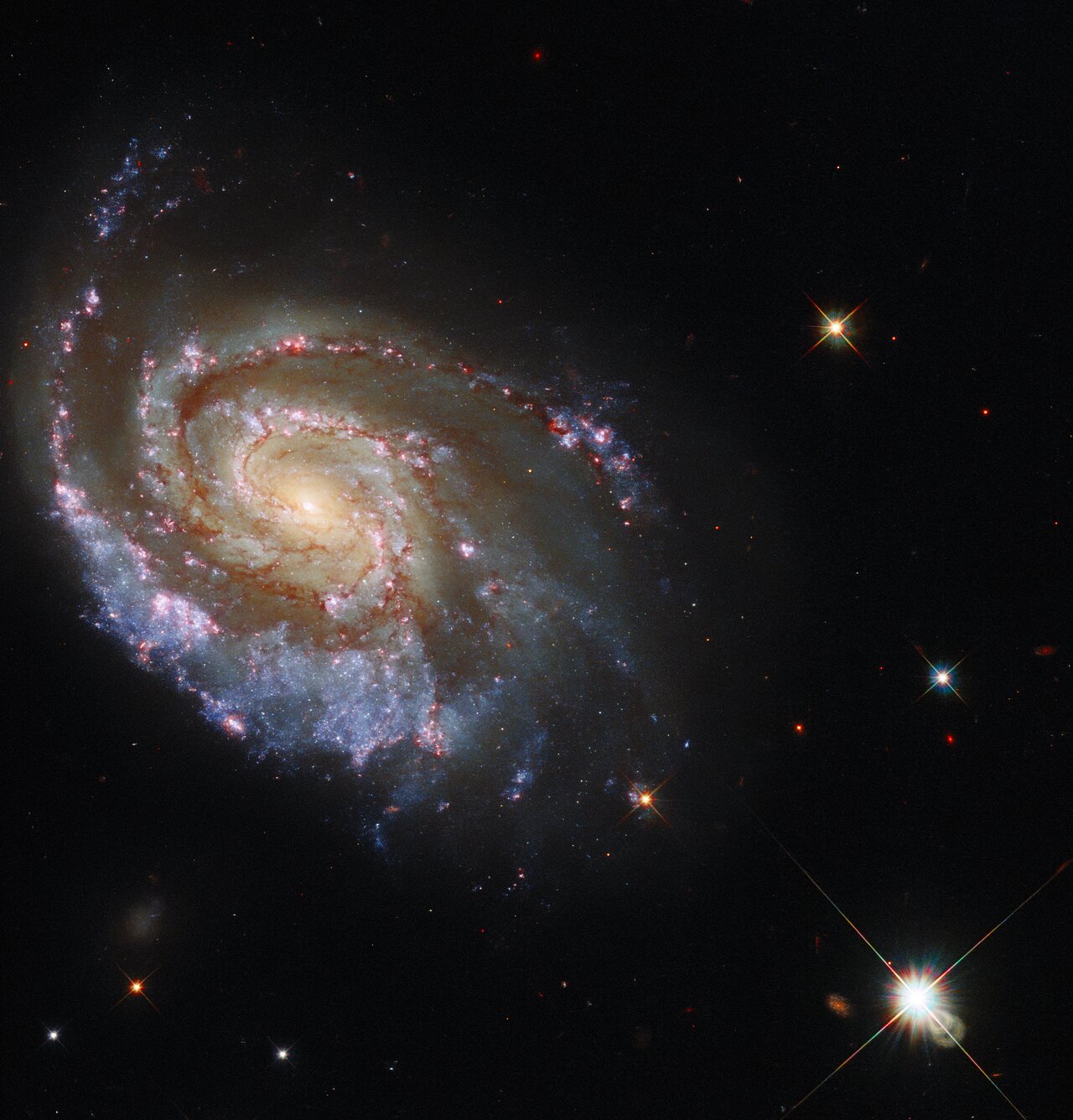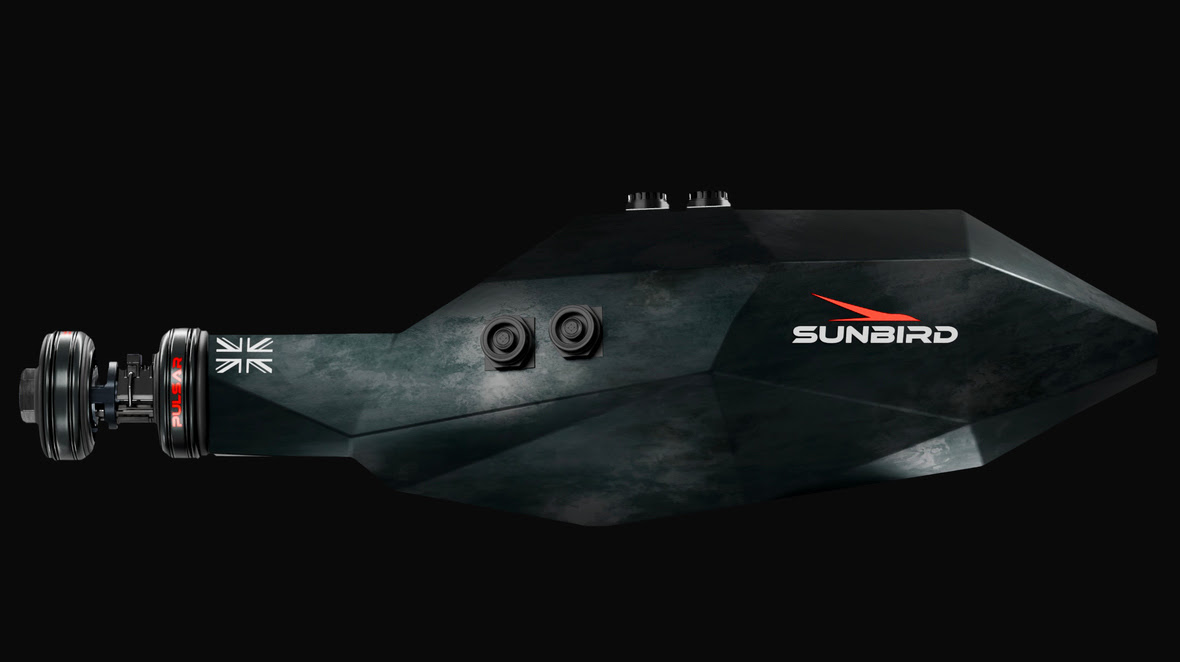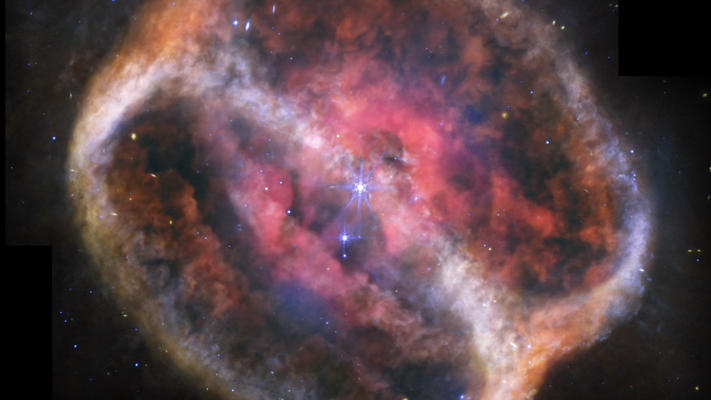Hubble telescope searches for aftermath of rare double star explosion (photo)

Stellar explosions are messy affairs, so two consecutive supernovas in the same galaxy are bound to leave a mark.
That's the story behind a dramatic new Hubble Space Telescope image of a galaxy called NGC 6984 that the European Space Agency (ESA), which helps operate the observatory, released on Monday (Nov. 1). The image offers an entrancing view of the galaxy's swirling arms, full of stars and star-forming regions.
The release doesn't specify when the new data was captured but notes that the observations came after astronomers noticed an exceedingly rare double supernova in the galaxy. A supernova occurs when a relatively large star runs out of fuel and explodes, flinging material across the neighborhood.
Related: The best Hubble Space Telescope images of all time!
"The discovery of two supernovas at virtually the same time and location (in astronomical terms) prompted speculation from astronomers that the two supernovas may somehow be physically linked," ESA officials wrote in the statement.
So the astronomers enlisted Hubble's Wide Field Camera 3 to observe the galaxy in ultraviolet and visible light to examine the strange coincidence.
Galaxy NGC 6984 is located in the constellation Indus and lies about 200 million light-years away from Earth, according to the statement.
Get the Space.com Newsletter
Breaking space news, the latest updates on rocket launches, skywatching events and more!
Hubble previously observed the galaxy in 2013, ESA noted, so the new observations can also be paired with archival data. The newly released image represents the combination of old and new data.
Despite the fresh image, Hubble is currently unable to observe anything; the telescope's science instruments went into safe mode on Oct. 25 and personnel are troubleshooting the incident.
"Science observations have been temporarily suspended while the team investigates the issue," the Hubble team tweeted the day of the anomaly. "The instruments remain in good health."
Email Meghan Bartels at mbartels@space.com or follow her on Twitter @meghanbartels. Follow us on Twitter @Spacedotcom and on Facebook.
Join our Space Forums to keep talking space on the latest missions, night sky and more! And if you have a news tip, correction or comment, let us know at: community@space.com.

Meghan is a senior writer at Space.com and has more than five years' experience as a science journalist based in New York City. She joined Space.com in July 2018, with previous writing published in outlets including Newsweek and Audubon. Meghan earned an MA in science journalism from New York University and a BA in classics from Georgetown University, and in her free time she enjoys reading and visiting museums. Follow her on Twitter at @meghanbartels.









